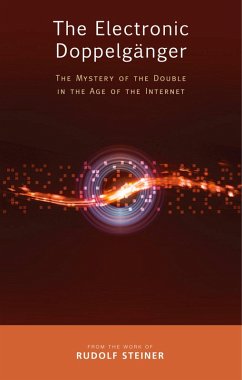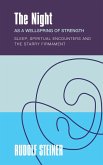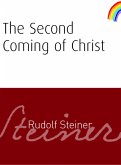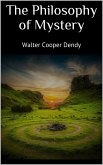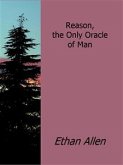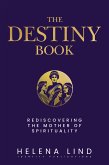In an increasingly digitised world, where both work and play are more and more taking place online and via screens, Rudolf Steiner's dramatic statements from 1917 appear prophetic. Speaking of 'intelligent machines' that would appear in the future, Steiner presents a broad context that illustrates the multitude of challenges human beings will face. If humanity and the Earth are to continue to evolve together with the cosmos, and not be cut off from it entirely, we will need to work consciously and spiritually to create a counterweight to such phenomena.
In the lectures gathered here, edited with commentary and notes by Andreas Neider, Rudolf Steiner addresses a topic that he was never to speak of again: the secret of the 'geographical' or the 'ahrimanic' doppelganger. The human nervous system houses an entity that does not belong to its constitution, he states. This is an ahrimanic being which enters the body shortly before birth and leaves at death, providing the basis for all electrical currents that are needed to process and coordinate sense perceptions and react to them.Based on his spiritual research, Rudolf Steiner discusses this doppelganger or 'double' in the wider context of historic occult events relating to 'spirits of darkness'. Specific brotherhoods seek to keep such knowledge to themselves in order to exert power and spread materialism. But this knowledge is critical, says Steiner, if the geographical doppelganger and its challenges are to be understood.
Dieser Download kann aus rechtlichen Gründen nur mit Rechnungsadresse in A, B, BG, CY, CZ, D, DK, EW, E, FIN, F, GR, H, IRL, I, LT, L, LR, M, NL, PL, P, R, S, SLO, SK ausgeliefert werden.

